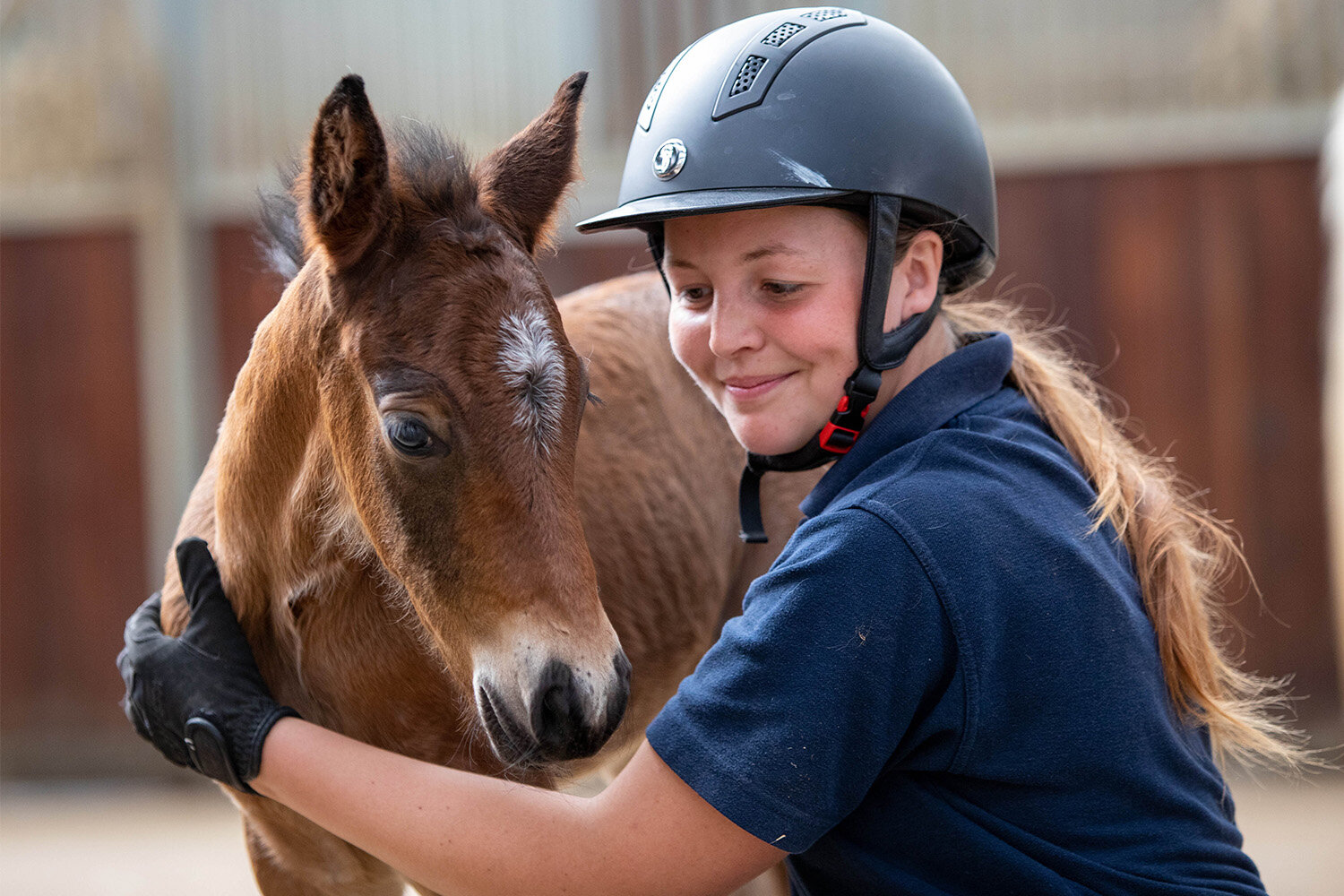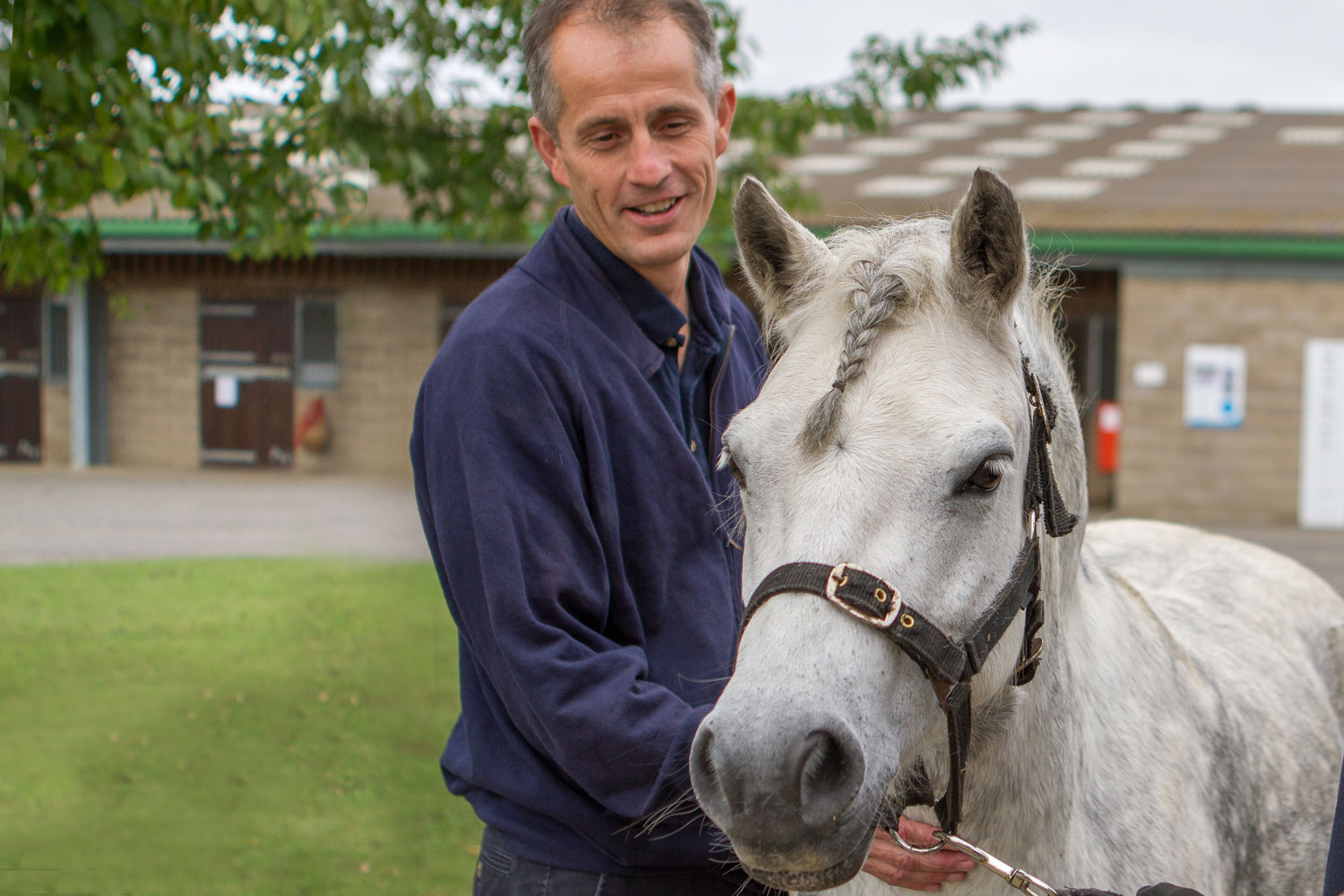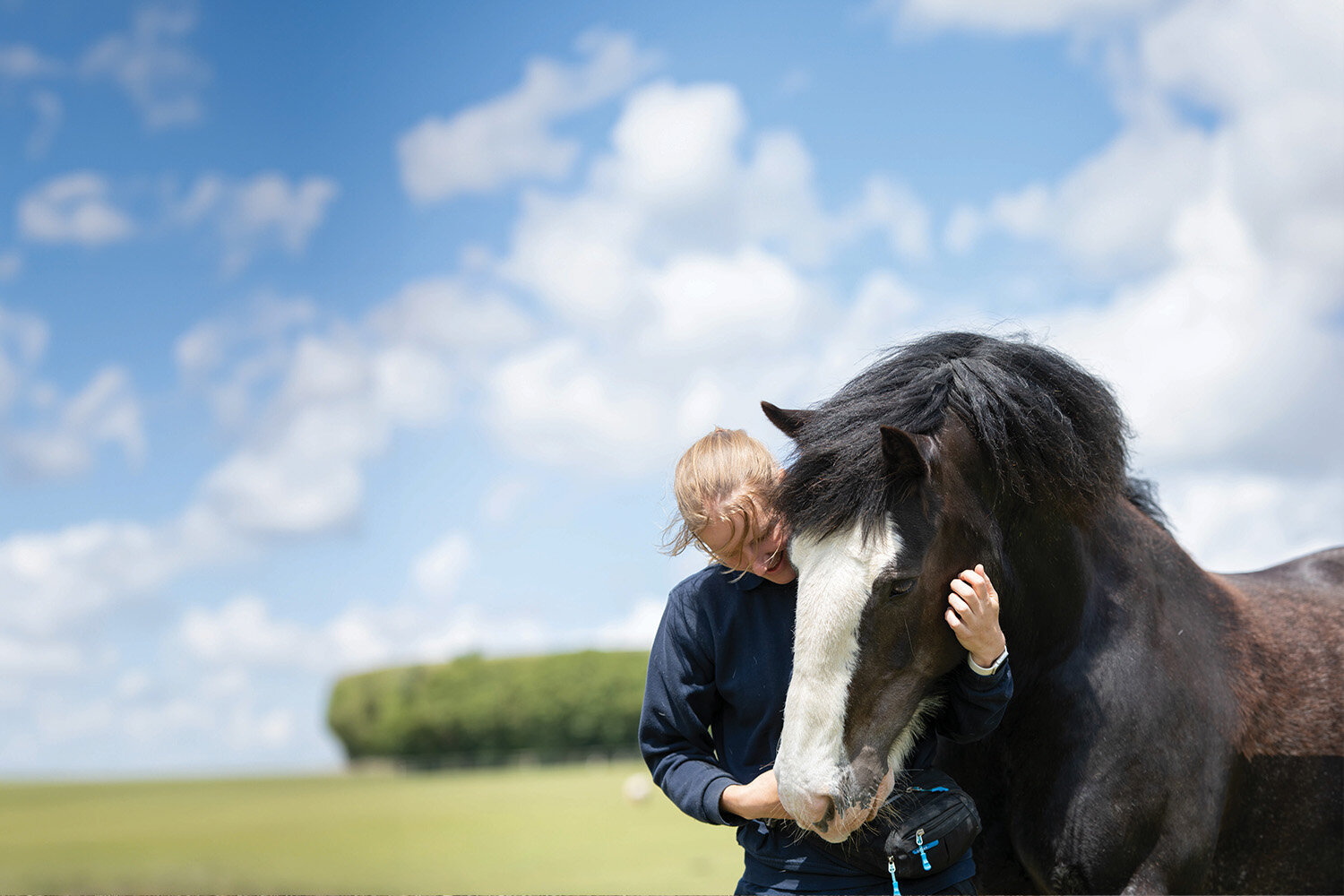Charter for the Horse
Strong support for new equine welfare charter
Posted on 21/03/2024

The horse-human relationship is unique and constantly evolving – but what remains constant is that we all have a responsibility to ensure that we always put their welfare first. So as a member of BEF (British Equestrian), we were delighted to help develop and strongly support their Charter for the Horse, launched on Monday 17 March.
The aim is for the Charter to be adopted across the equestrian industry by all who have a connection to horses and other equids and sets out the expectations of all equestrians to commit to the highest standards of equine welfare, wellbeing and ethics.
Under the six headings of Empathy, Care, Respect, Consideration, Ethics and Learning, the Charter outlines the actions that must be observed to guarantee that the individual mental, physical and behavioural needs of horses are met.
At the heart of the Charter are the internationally-recognised ‘3 Fs’ of freedom, friends and forage, and the Five Domains model for animal welfare assessment which cites nutrition, physical environment, health, behavioural interactions and mental state as the crucial factors in determining the quality of an animal’s experience.
“This Charter explicitly sets out the ethos and commitment so many equestrians already demonstrate toward their horses. With increased scrutiny about the ethics and welfare of equestrian sport, but also leisure, it is important that we clearly demonstrate what we mean when we say horse welfare is paramount and set out the values we expect all equestrians to live by. But for this Charter to have a positive impact for our horses, it must be about actions as well as words: making the right decisions and doing the right things for the right reasons to consistently put the welfare of our horses first.”
Roly Owers, World Horse Welfare Chief Executive
British Equestrian is the National Governing Body for horse sports in the UK, affiliated to the Federation Equestre Internationale (FEI), the international governing body of equestrian sports. It exists to provide leadership, vision and purpose in steering the direction of equestrianism.
Topics
Related News

Chief Executive Roly Owers Awarded OBE for Services to Equine Welfare
Roly Owers, World Horse Welfare Chief Executive, is to receive an OBE for services to equine welfare in the King’s Birthday Honours List.

Struggling horse owners are urged to rehome this summer
We have joined forces with Blue Cross to help avoid a winter welfare crisis.
Recommended Blog Posts

Celebrating our London Marathon runners
We catch up with our six runners to see what running the London Marathon is really like.

Putting horse welfare at the centre of the political agenda in Europe
We catch up with our EU and International Public Affairs Officer, Sandra Zafra, after her recent trip to Strasbourg.

How to help a needle-shy horse overcome their fear
Grooms Amy and Emily explain how they work with horses who are nervous with needles before a visit from the vet.
Enjoy reading stories like this?
Join over 65,000 other horse lovers and sign up for our email newsletter

Join over 65,000 other horse lovers and sign up for our email newsletter
Sign me up now